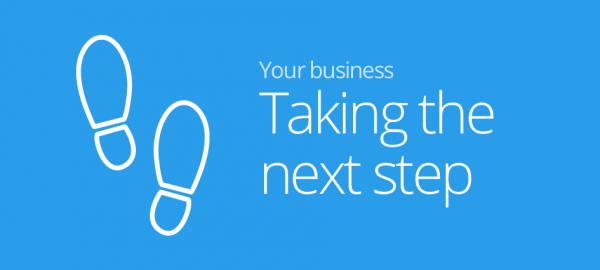Well-run team meetings are a tool for good, sending participants away brimming with energy. However, when they’re not adequately thought out, they can be the exact opposite, mentally draining, frustrating and a burden on everyone’s limited time. Here, we look at the benefits of business communication.
What are the benefits of effective team meetings?
Goal Alignment: Team meetings can be the most efficient way to make sure everyone knows exactly what they’re working towards
Collaboration: Several brains are undoubtedly better than one when you’ve got a problem to solve
Information sharing: When you need to cascade a business communication, or have knowledge to share, a face to face meeting is often the best way to do this with complete clarity
Team Building: By spending time together in a social setting, people have the opportunity to forge strong working relationships
Professional Development: With your whole team together, this is the ideal time to work on any shared development goals
Celebrate successes: This speaks for itself; it’s critical to employee engagement to acknowledge individual and team achievements and team meetings allow you to celebrate together
So how do you make these effective meetings happen? Here are our top tips:
Collaborate before the meeting
Ahead of the meeting, give attendees the opportunity to raise agenda items that matter to them. People are more likely to participate and be engaged if they’ve been involved in the planning.
Also, if you want high energy, be considerate around the scheduling of the meeting. People are unlikely to be as motivated as they might otherwise be if they’ve had to leave home at 4AM to get there in time.
Ensure the meeting is of value to all attendees
We’ve all been there… you’re sat in a meeting thinking ‘Why am I here?’ ‘This has nothing to do with me’. This is meeting 101, but don’t include people or agenda items just because you think they should probably be there, consider how the items discussed will support attendees in their roles or their professional development.
Make sure that your attendees are going to achieve objectives that are valuable to them.
Build a clear, well-timed and varied agenda (and stick to it!)
Key to any successful team meeting is a well thought through agenda. Make time for key business communication, success sharing and socialising, plus the key topics you need to cover.
Be realistic about how much time you’ll need to cover each topic in sufficient detail.
It’s also worth giving some thought to how you manage the mid-afternoon energy dip… 3PM might not be the time to run through the accounts line by line.
Fail to prepare, prepare to fail
As the old adage goes, make sure you’re clear on what pre-work needs to be completed in order for the meeting to be productive. Ensure that people have the time to effectively prepare; don’t spring this on them the day before.
Feedback is a gift
Be open to feedback from your team on what worked well for them and what could be improved. You can then tailor your agenda to improve your team meetings every time.
If you have these tips at the forefront of your mind, you should be well on your way to running well-crafted, team meetings that drive productivity and engage your team
